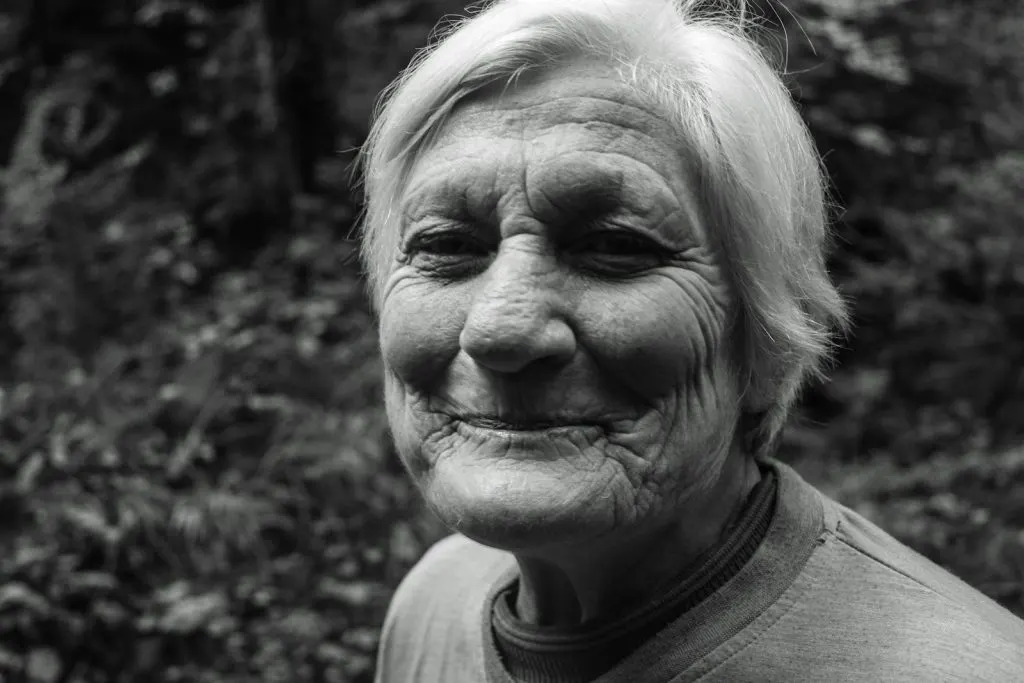Empathy is like a fine wine; it only gets better with age. As empaths, we experience life through a unique lens, one that’s tinted with emotions, intuitions, and an innate understanding of others.
But how does this ability to connect with the feelings of others evolve as we move through the different stages of life? Let’s dive into the fascinating journey of how your empathic abilities deepen and transform with age.
The Early Years: Discovering Your Empathic Abilities
Ah, childhood—a time of innocence, exploration, and the occasional temper tantrum. For young empaths, these years are often when the first signs of heightened sensitivity appear.
Maybe you were the kid who couldn’t bear to see another child cry or the one who felt overwhelmed in crowded places because you could sense everyone’s emotions.

I remember vividly when I was about six years old and watching The Lion King for the first time. When Mufasa died (spoiler alert!), I cried so hard that my parents had to pause the movie to comfort me. It wasn’t just sadness; I felt Simba’s pain as if it were my own. Little did I know, this was my empathic nature starting to show its colors.
During these formative years, an empath’s abilities are raw and unfiltered. You absorb emotions like a sponge, often without understanding why you feel what you feel. It’s a time of learning, where the focus is on figuring out what these emotions mean and how to navigate the overwhelming waves of empathy.
Teenage Years: Riding the Emotional Rollercoaster
The teenage years—oh boy, what a ride. This is when things start to get interesting for empaths. Hormones are raging, social dynamics are shifting, and suddenly, you're not just dealing with your own emotions but those of everyone around you.
In high school, I often found myself playing therapist to my friends. They’d come to me with their problems, and I’d listen, offering advice that often left me drained. It wasn’t until later that I realized I was picking up on their emotional baggage and carrying it around like an overstuffed backpack.
During this stage, empaths begin to develop a deeper understanding of their abilities. You start to recognize that not all emotions are yours to carry and that boundaries are crucial.
It’s also a time when many empaths feel the need to withdraw from overly stimulating environments—cue the classic “moody teenager” phase.
Adulthood: Honing and Harnessing Your Empathy
Adulthood is when your empathic abilities really start to mature. You’ve gone through the highs and lows of adolescence, and now you’re more attuned to your emotions and the emotions of others. This is when many empaths begin to consciously harness their abilities, using them to foster deeper connections and make a positive impact in the world.

I remember a time in my late twenties when I was working in a high-stress job. My coworkers often came to me for support, knowing I’d understand without judgment. One day, a colleague broke down in tears, overwhelmed by a personal crisis. As I listened, I realized that my empathy had evolved from simply absorbing emotions to actively helping others process them. This was a turning point for me, as I began to see empathy as a strength rather than a burden.
In adulthood, empaths often become more selective about the energies they allow into their lives. You’ve learned to set boundaries, protect your energy, and prioritize self-care.
This is also the stage where many empaths discover that their abilities can be channeled into meaningful work, whether through careers in helping professions or simply by being a supportive friend or family member.
Middle Age: The Empath Sage Emerges
As you move into middle age, your empathic abilities continue to deepen and transform. By now, you’ve likely experienced a range of life’s ups and downs—joys, heartbreaks, successes, and failures. Each of these experiences has added layers to your empathy, making it richer and more nuanced.
During this stage, many empaths develop what I like to call the “empathic wisdom.” You’ve seen enough of life to know that emotions are complex and multifaceted.
You’re no longer quick to judge or react; instead, you approach situations with a calm, measured response. It’s as if your empathy has aged into a fine, well-rounded vintage, full of depth and character.
I recall a conversation with a younger friend who was going through a tough breakup. Instead of offering the typical “you’ll get through this” advice, I found myself sharing stories from my own past, highlighting how pain can lead to growth. It was then that I realized my empathy had evolved into a tool for guiding others, helping them find their way through their own emotional landscapes.
The Golden Years: Empathy in Full Bloom
Finally, we reach the golden years—a time when your empathic abilities are in full bloom. With decades of experience under your belt, you’ve mastered the art of empathy. You’ve learned to balance your own needs with the needs of others, and you approach life with a sense of peace and acceptance.
In these later years, many empaths find themselves in roles of mentorship or caregiving. Your empathy becomes a source of comfort and guidance for those around you, whether it’s your children, grandchildren, or friends.
You’ve come to understand that empathy is not just about feeling others’ emotions but about offering a compassionate presence that can help heal and uplift.

Key Takeaways: How to Embrace Your Evolving Empathy
- Set Boundaries: As you age, it’s crucial to set healthy boundaries to protect your energy. Learn to say no when necessary and prioritize self-care.
- Channel Your Empathy: Find ways to use your empathic abilities for good, whether through your career, volunteer work, or personal relationships.
- Embrace Growth: Understand that your empathy will continue to evolve throughout your life. Embrace the changes and use them to deepen your connections with others.
- Share Your Wisdom: As your empathy matures, don’t be afraid to share your insights and experiences with others. Your journey can be a source of inspiration and guidance.
Final Thoughts: Aging with Grace and Empathy
The evolution of empathy is a beautiful, lifelong journey. As you age, your empathic abilities will continue to grow, deepen, and transform, making you a more compassionate and wise individual.
Remember, empathy is not just a gift but a skill that can be honed and refined over time. So, embrace your empathic nature, set healthy boundaries, and use your abilities to make the world a kinder, more understanding place.
And remember, just like a fine wine, you’re only getting better with age!
Alan is the founder of Subconscious Servant. He has a passion for learning about topics such as spirituality and the metaphysical world. The thing he loves to explore most though is manifesting with the law of attraction ✨.

